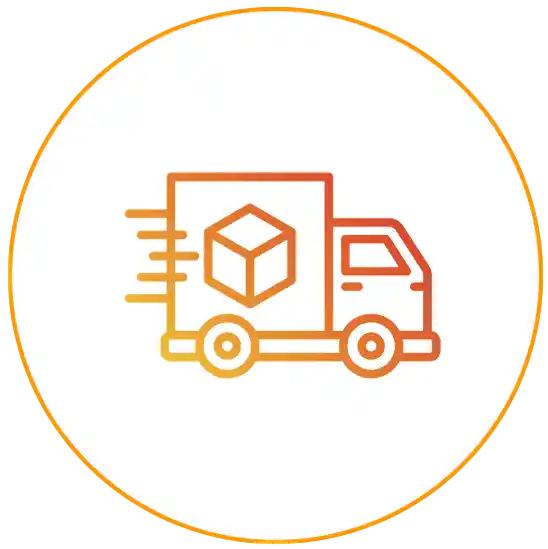Expedited
Why Choose Expedited?
Are you facing an urgent deadline? We recognize the importance of time when it comes to urgent shipments that demand expedited solutions. Our expedited service prioritizes rapid delivery while ensuring safety, providing a smooth transit experience to your destination.

We deliver solutions, not problems
Involves prioritizing shipments for faster delivery, often using specialized vehicles, dedicated drivers, and optimized routes.

Your Logistics Solution
Expedited services isn’t just about speed; it’s about making everything easier, keeping customers satisfied, and considering safety precautions.
EQUIPMENT TYPES

Dry van box trailers are enclosed semi-trailers used for transporting non-perishable goods and are the most common type of freight transport in the U.S.

A straight truck is a vehicle with one solid frame that supports both the cab and the cargo. Unlike tractor-trailers, where the cab can be separated from the trailer, straight trucks keep everything connected.

They are ideal for tasks
like delivering goods to stores, and transporting equipment, especially when
a larger semi-truck
is not necessary.

These vans are great for logistics since they can carry big and heavy items like equipment, supplies, and packages. They are ideal for businesses that prioritize moving goods over transporting passengers.
CAPACITY
Full Truck Load
Used for larger shipments that utilize the full capacity of an 18-wheeler’s trailer, generally exceeding 8,000 pounds.
Less Than Truck Load
Ideal for smaller shipments, providing a cost-effective solution and most preferable for freight transportation.
Partial Truck Load
A medium-sized
load
booked by
volume.
Expedited
Smaller shipments that require
quick delivery, handled by
companies using
smaller trucks.
When deciding between FTL (Full Truckload) and LTL (Less than Truckload) shipping, several factors, including costs, timing, and the handling requirements for your freight, must be considered. Get a Quote
